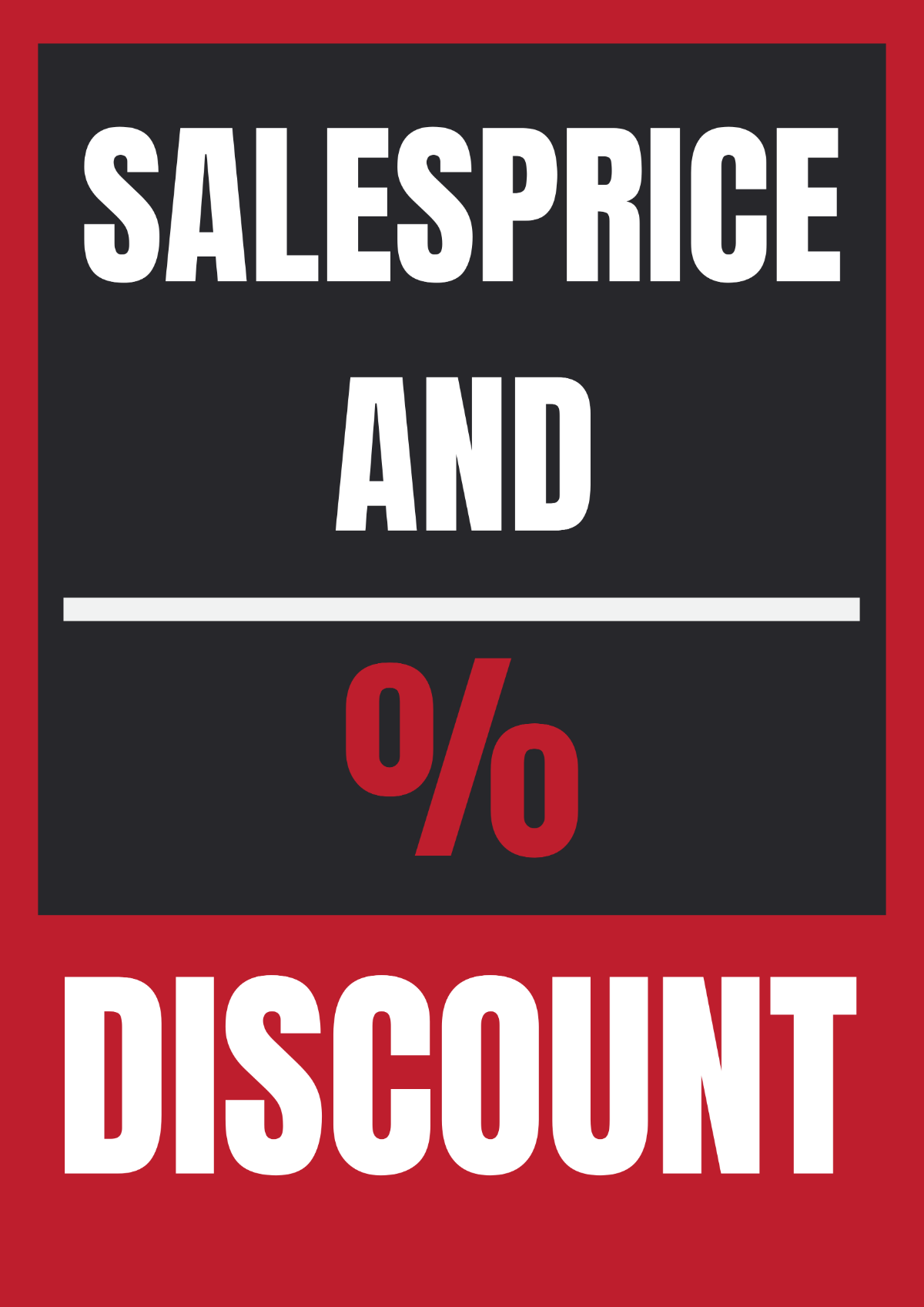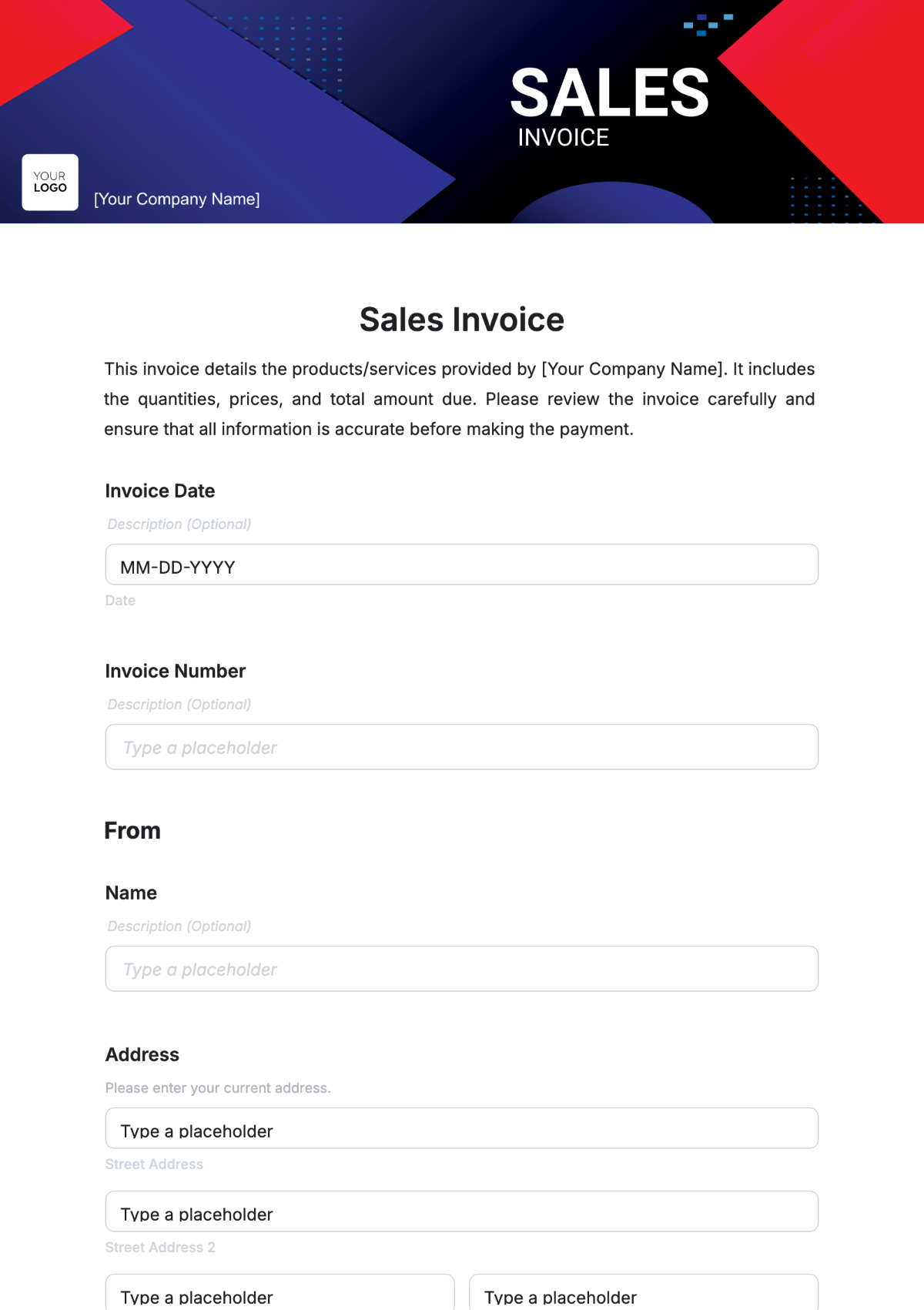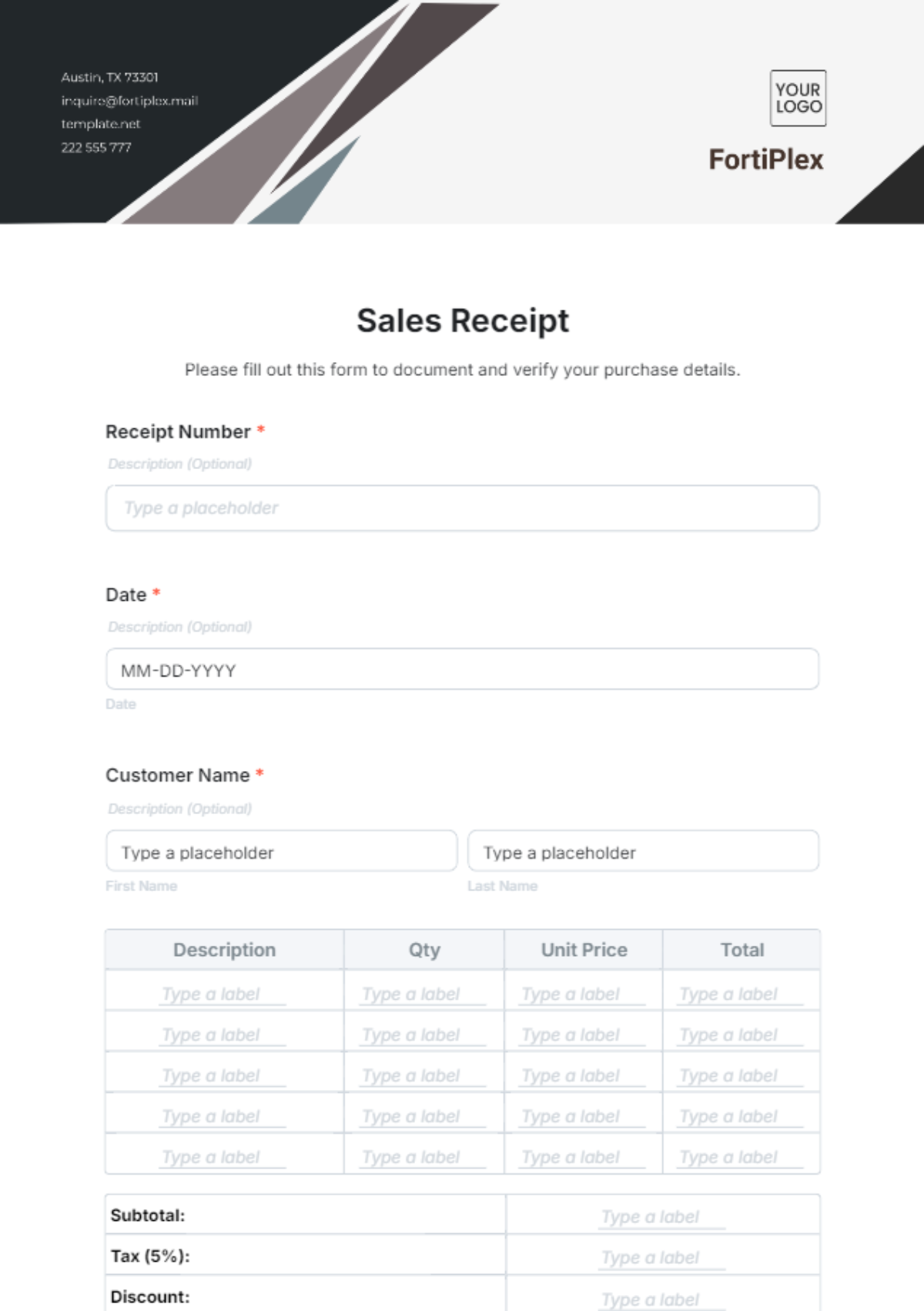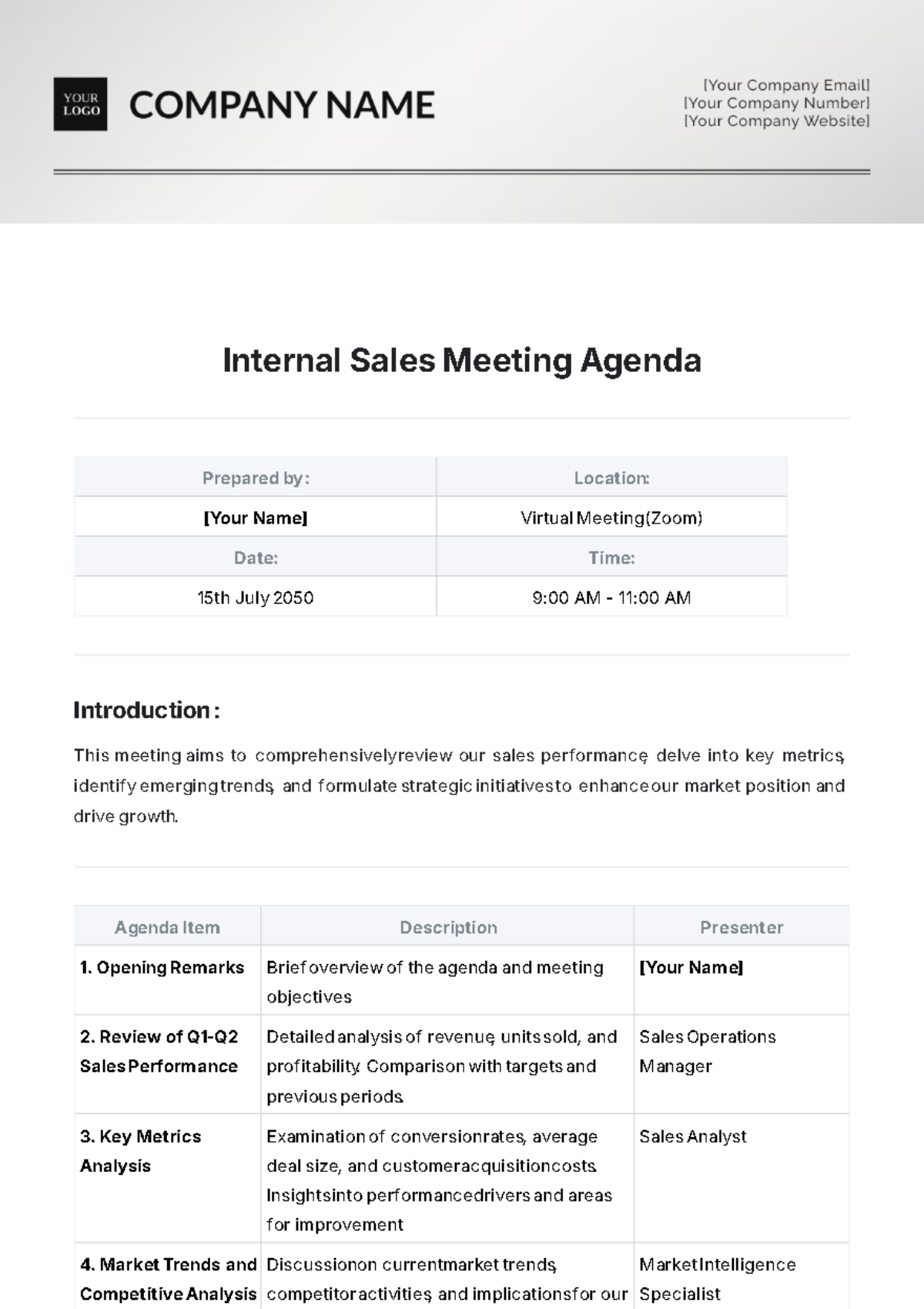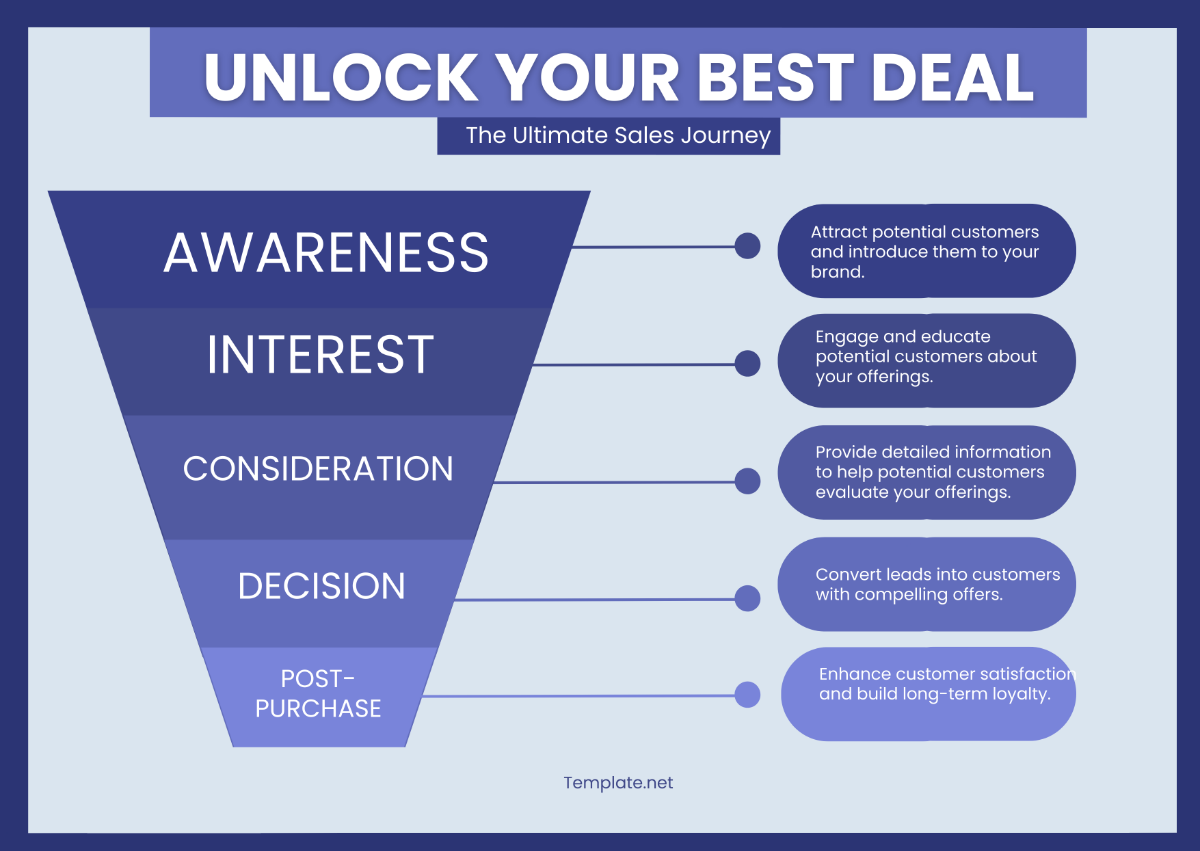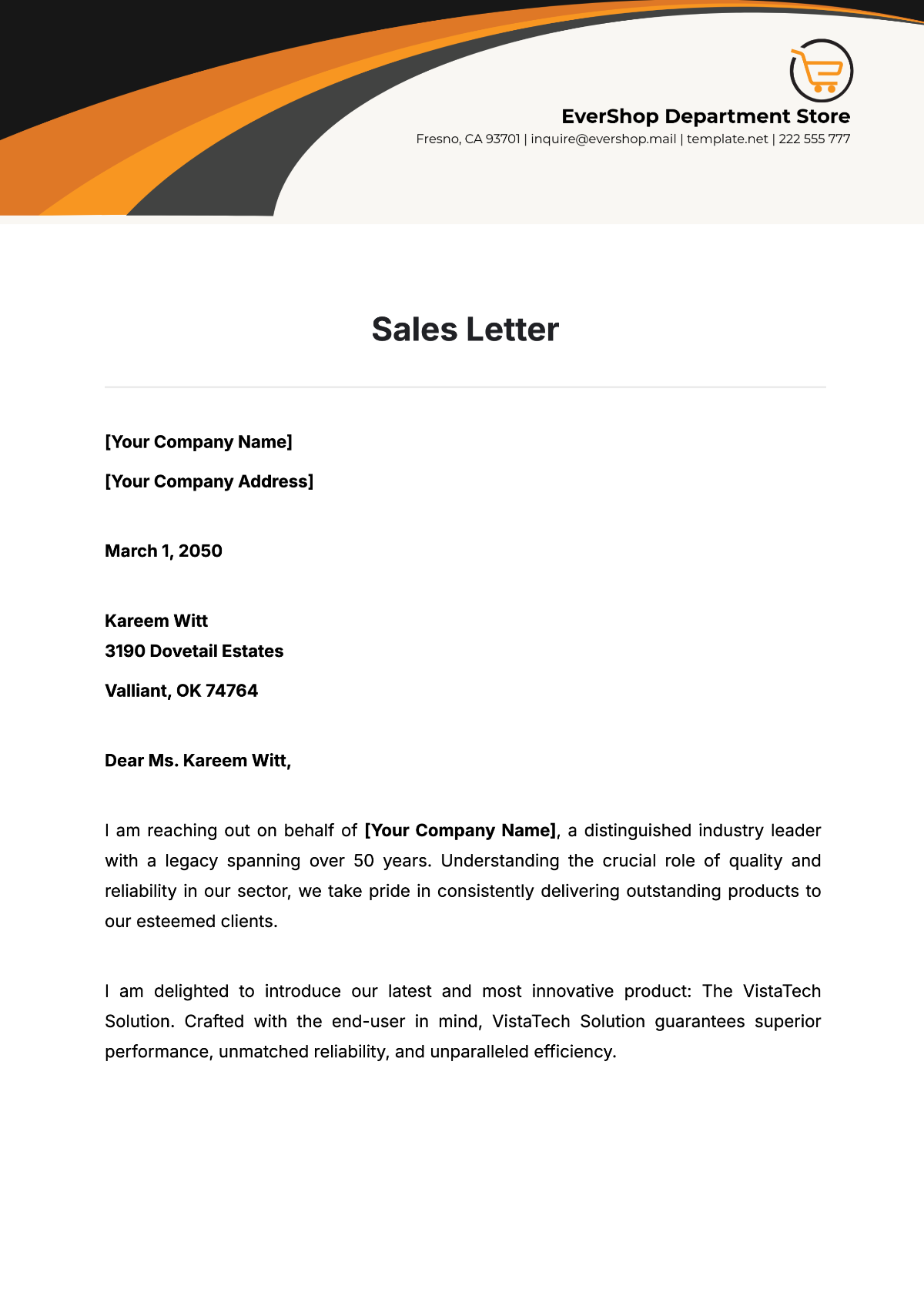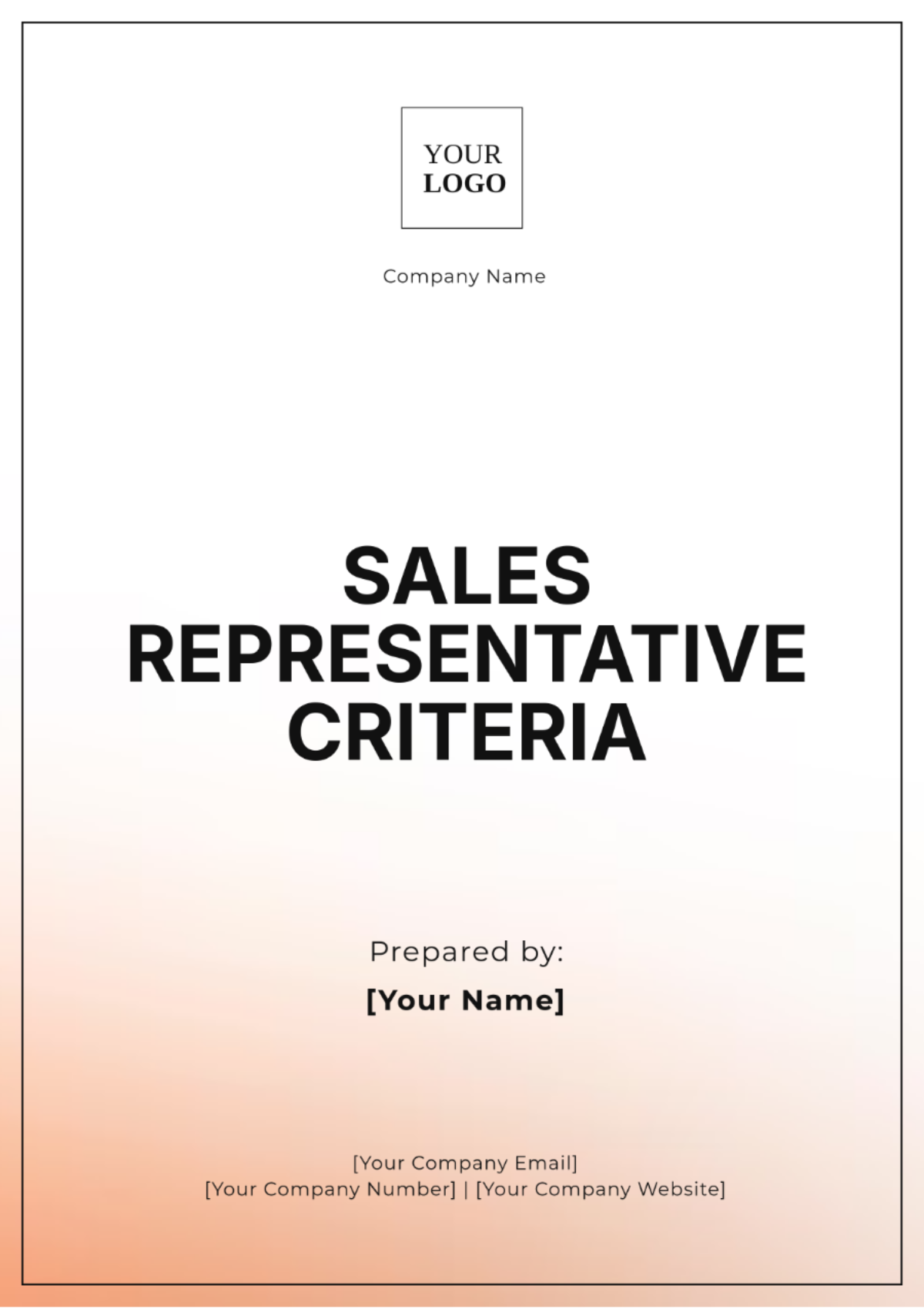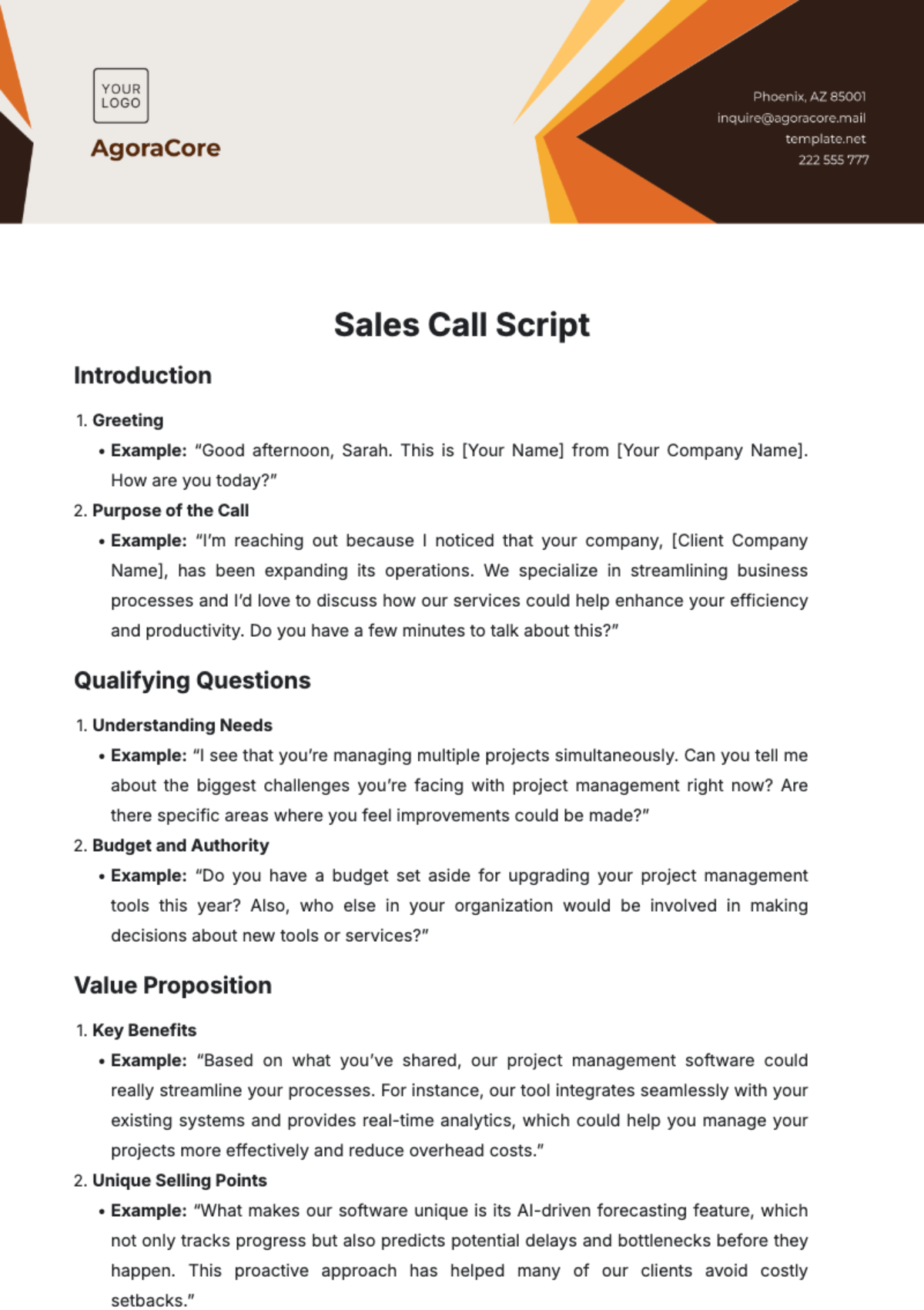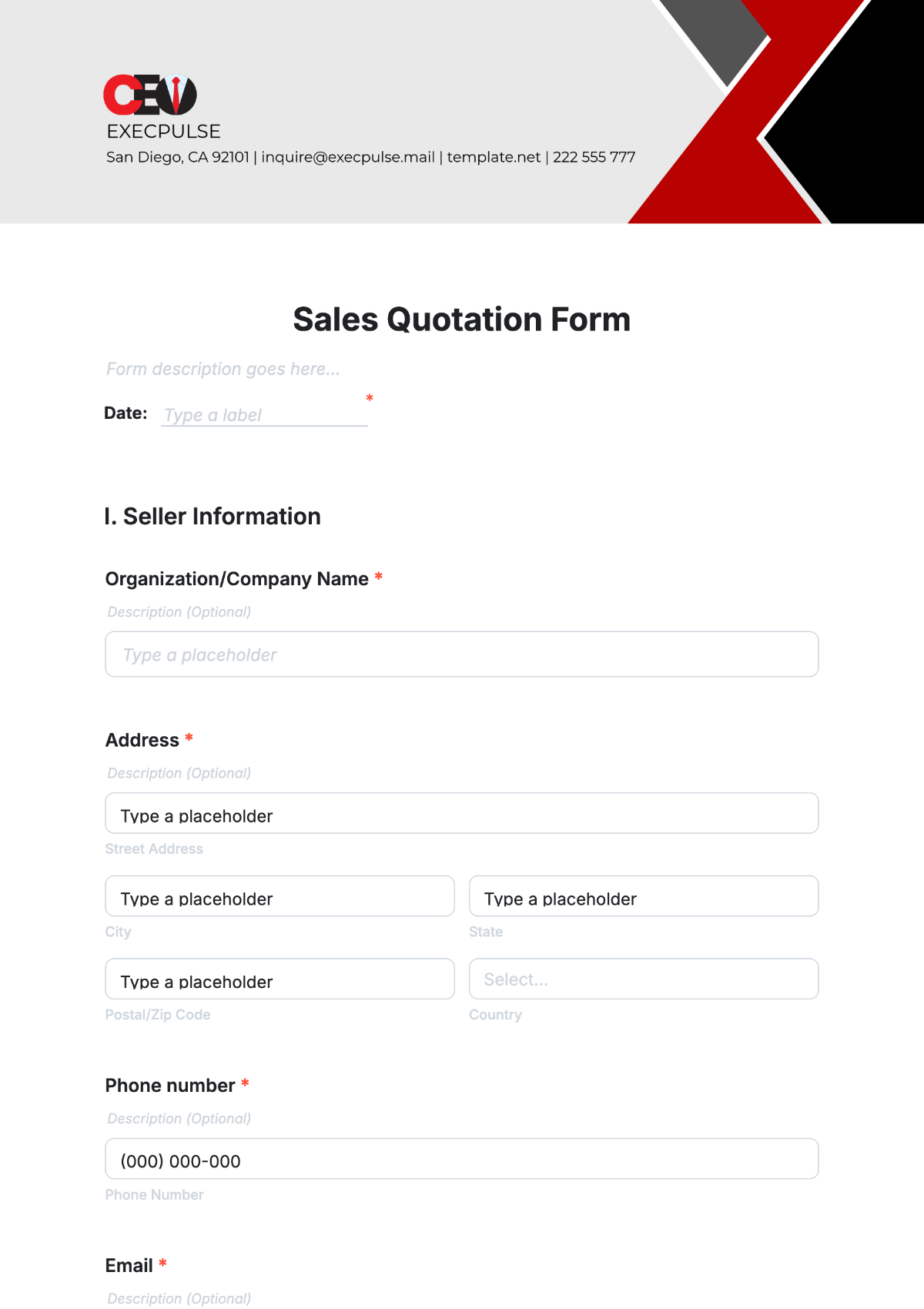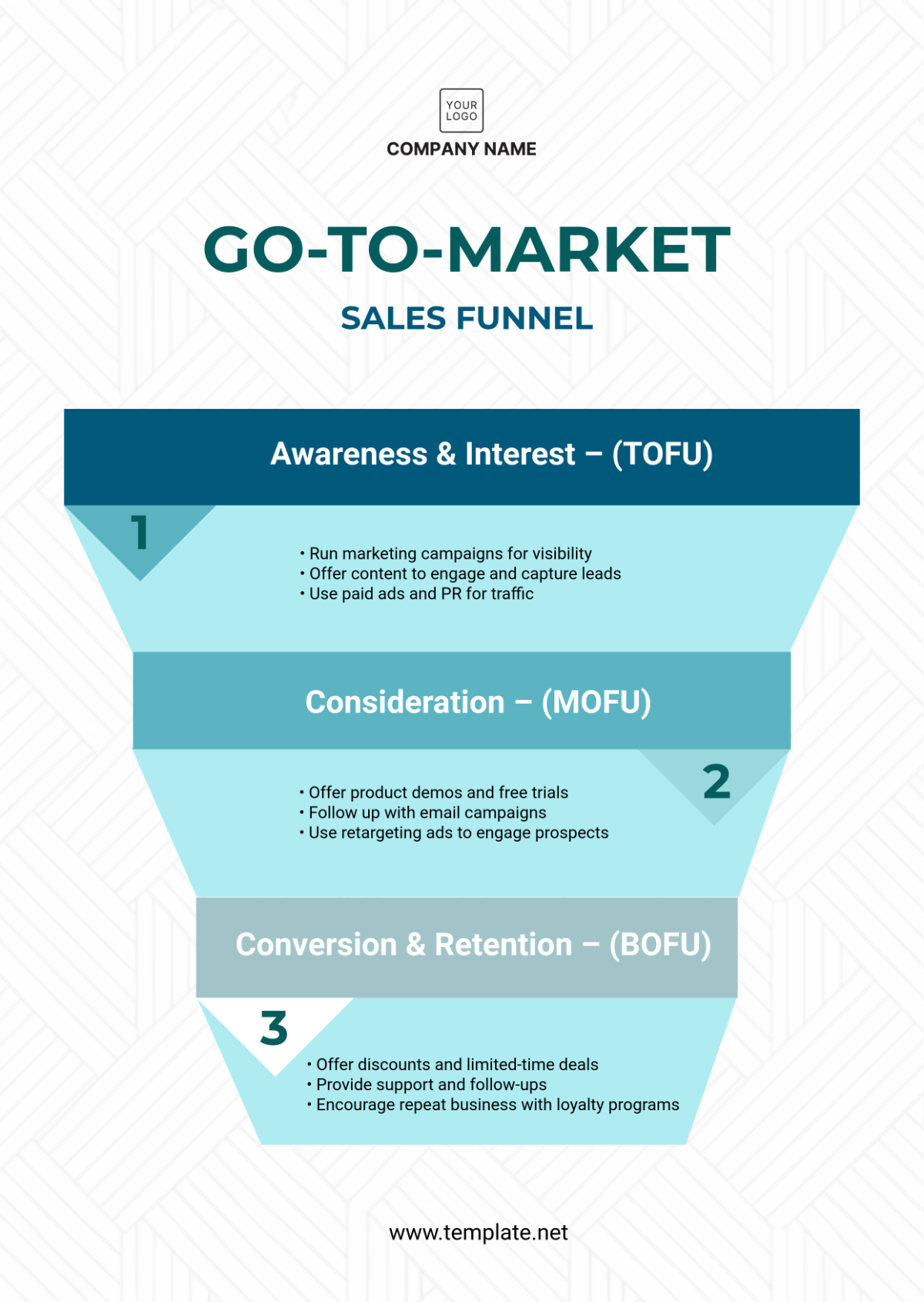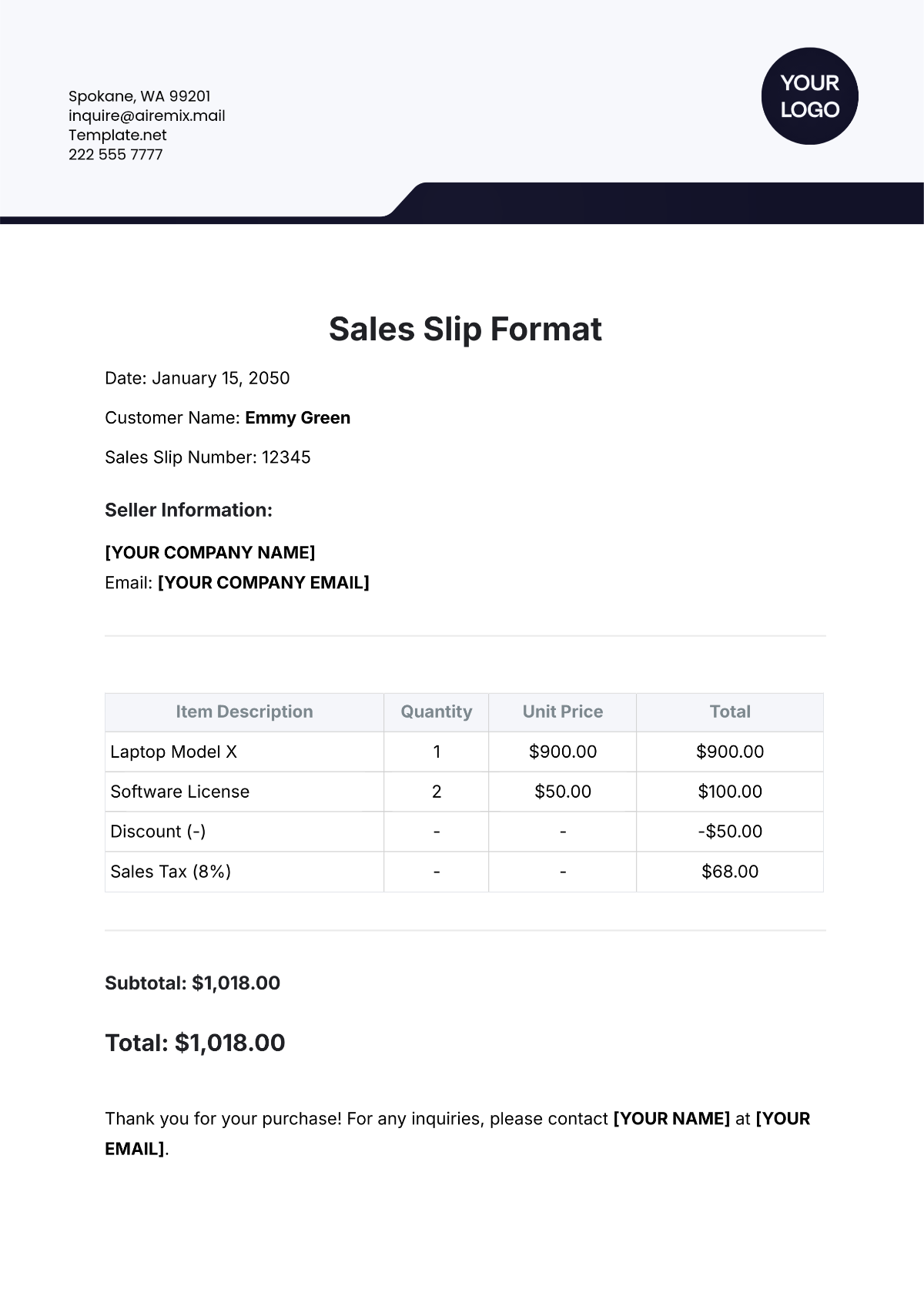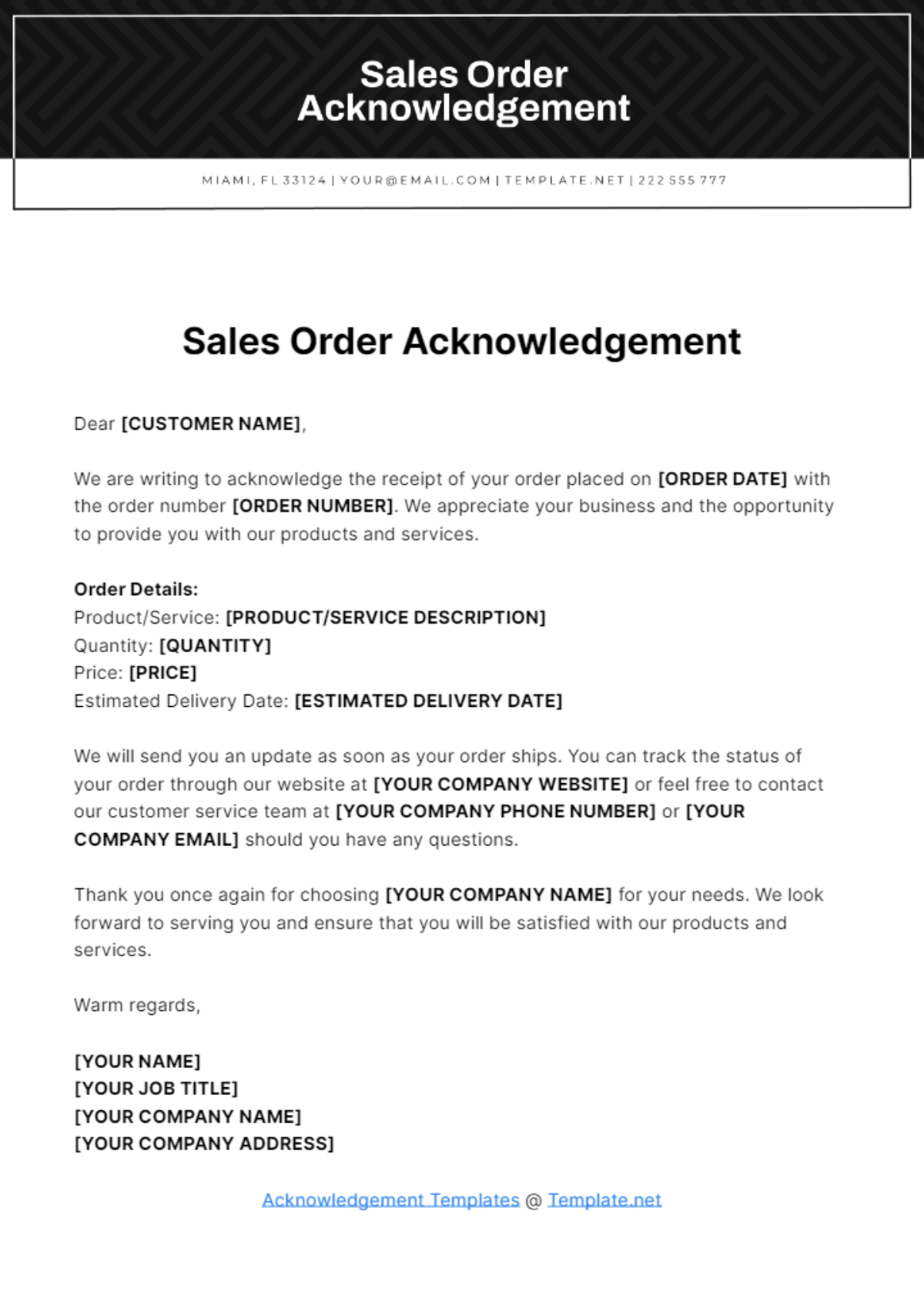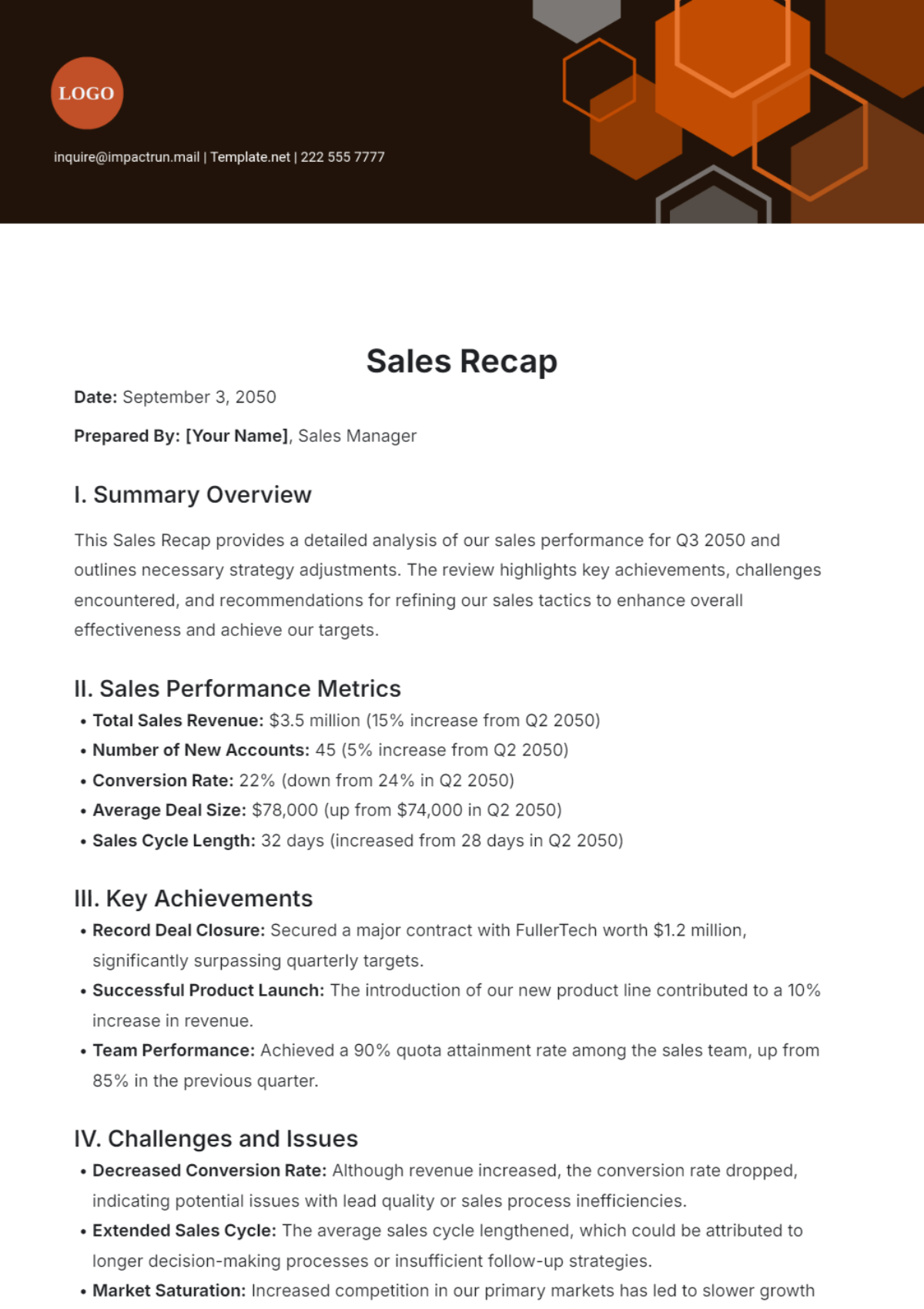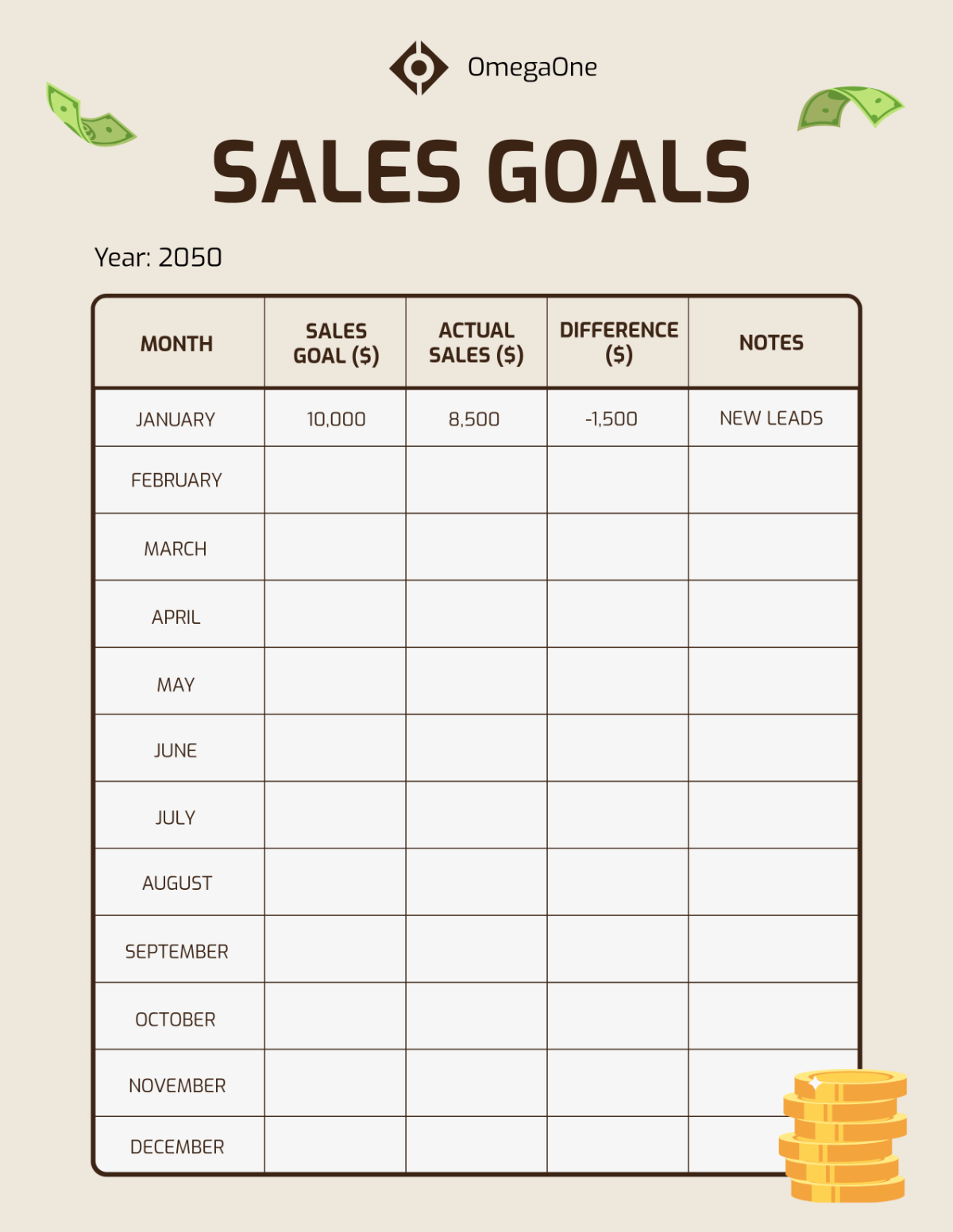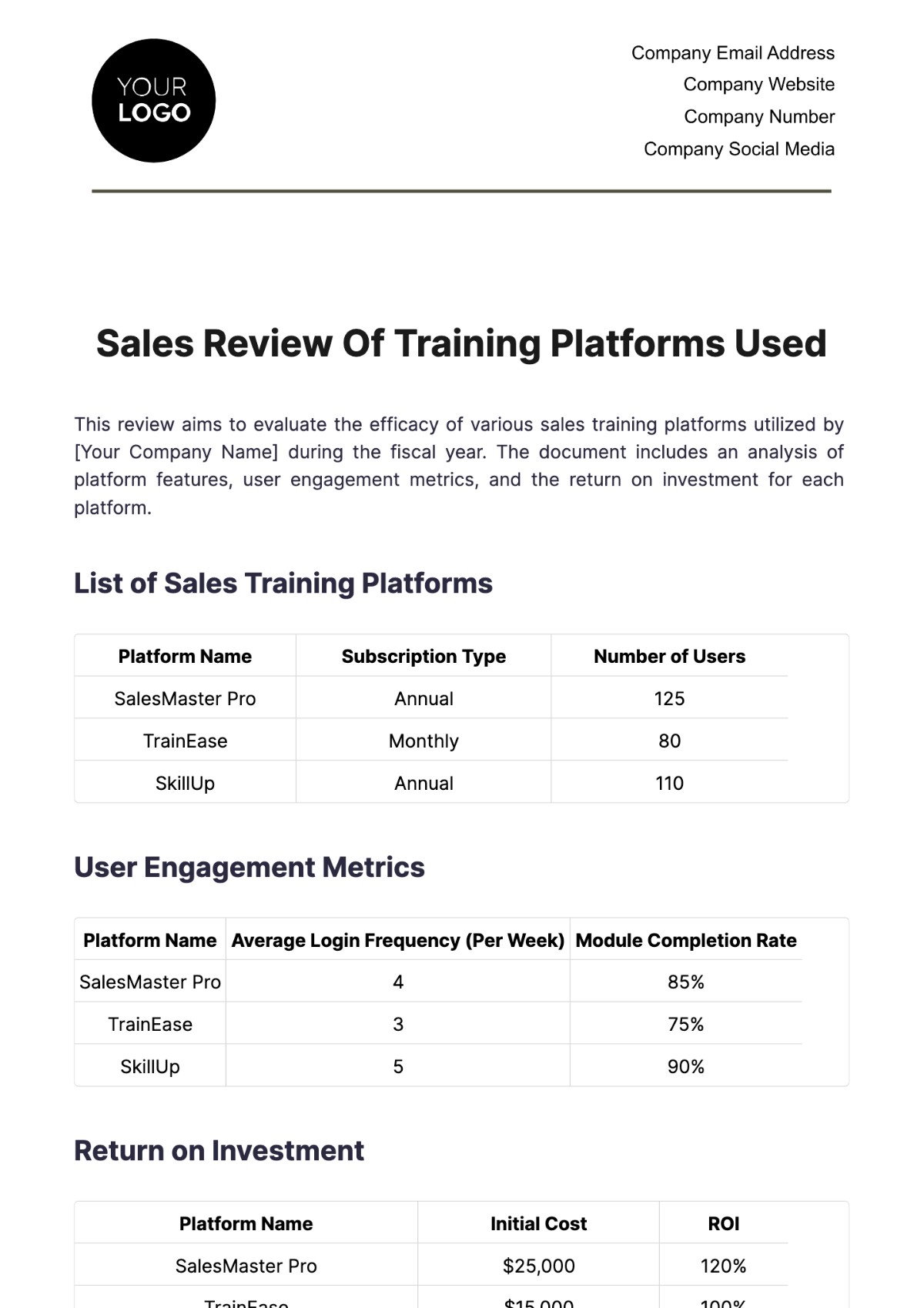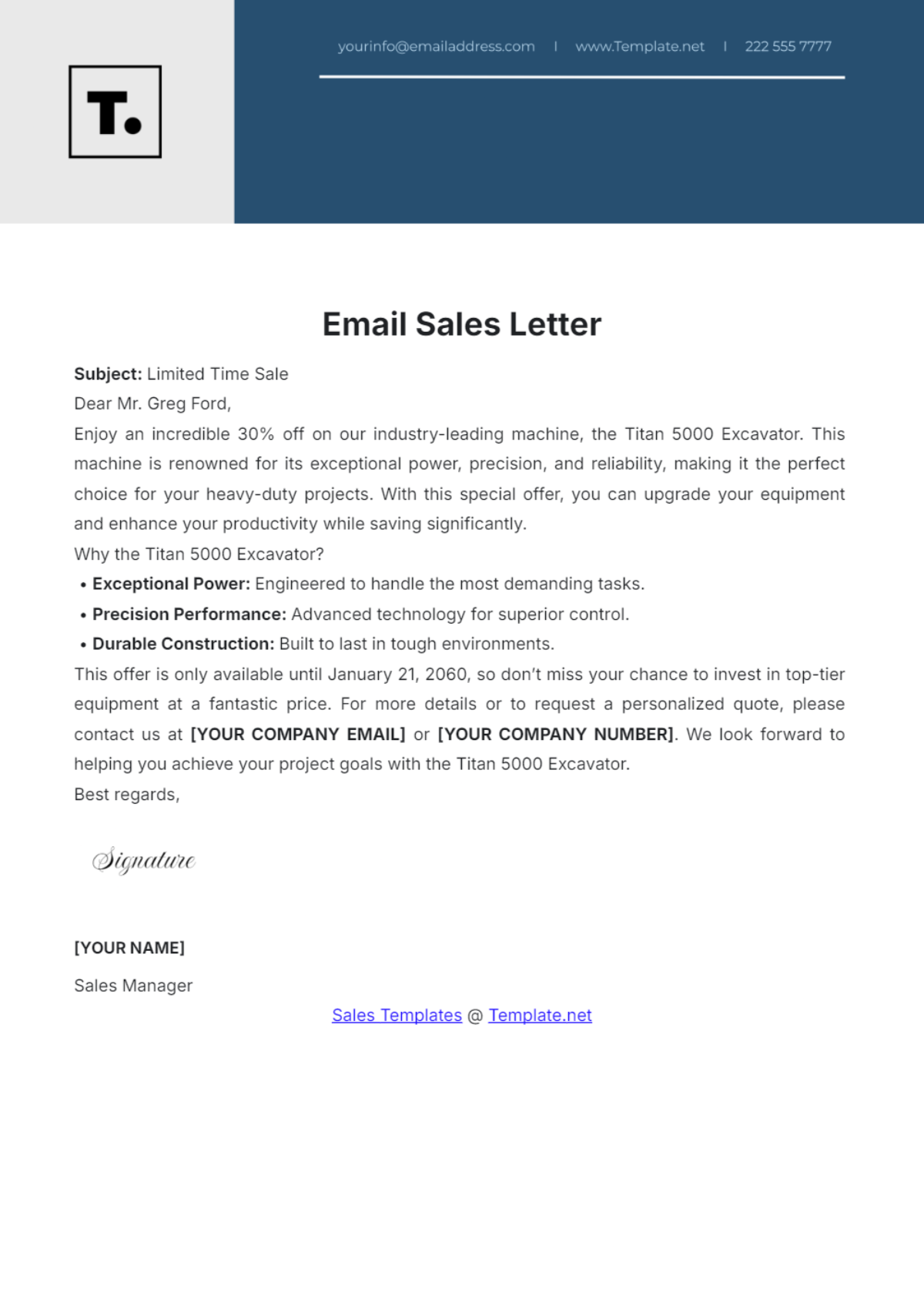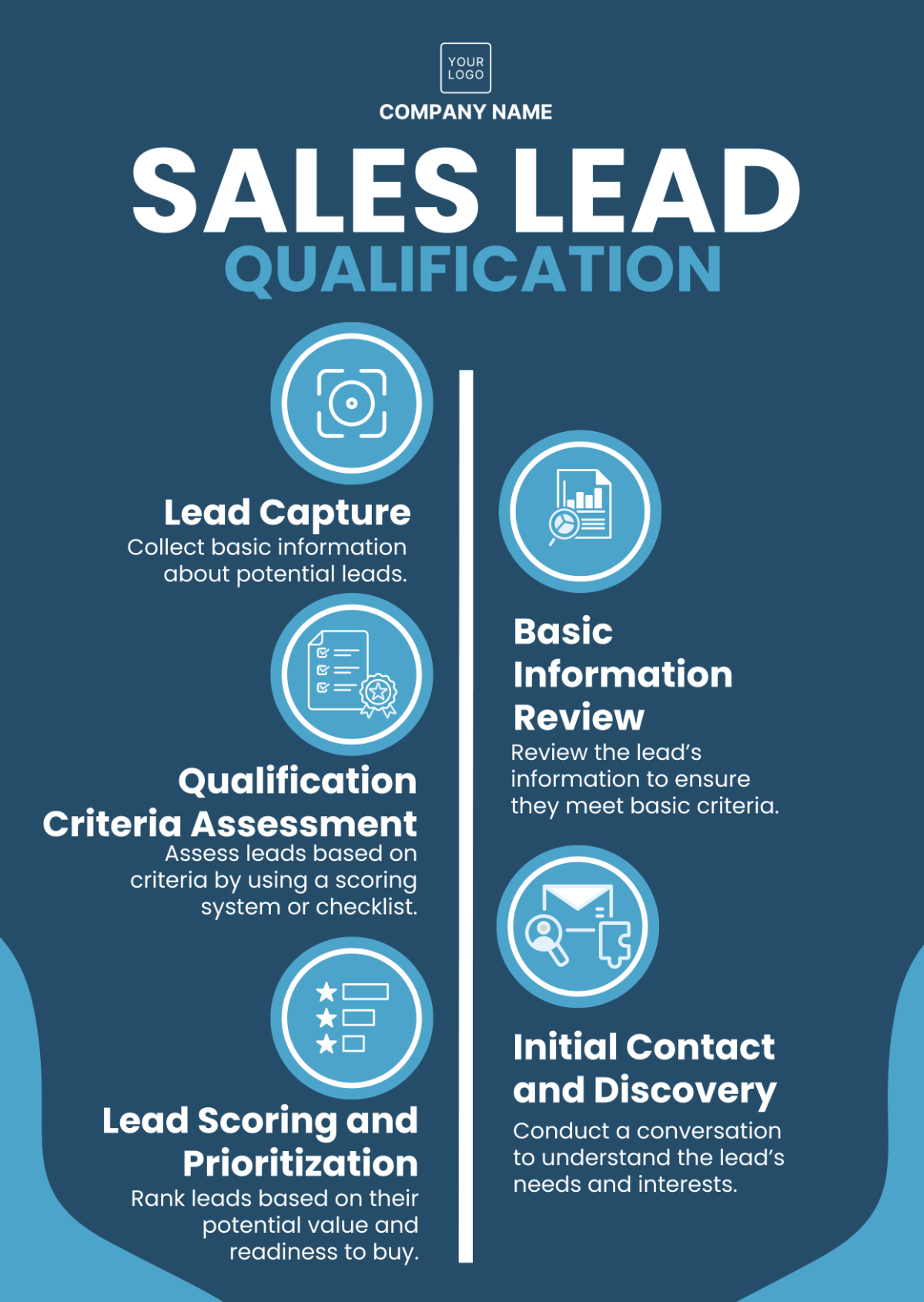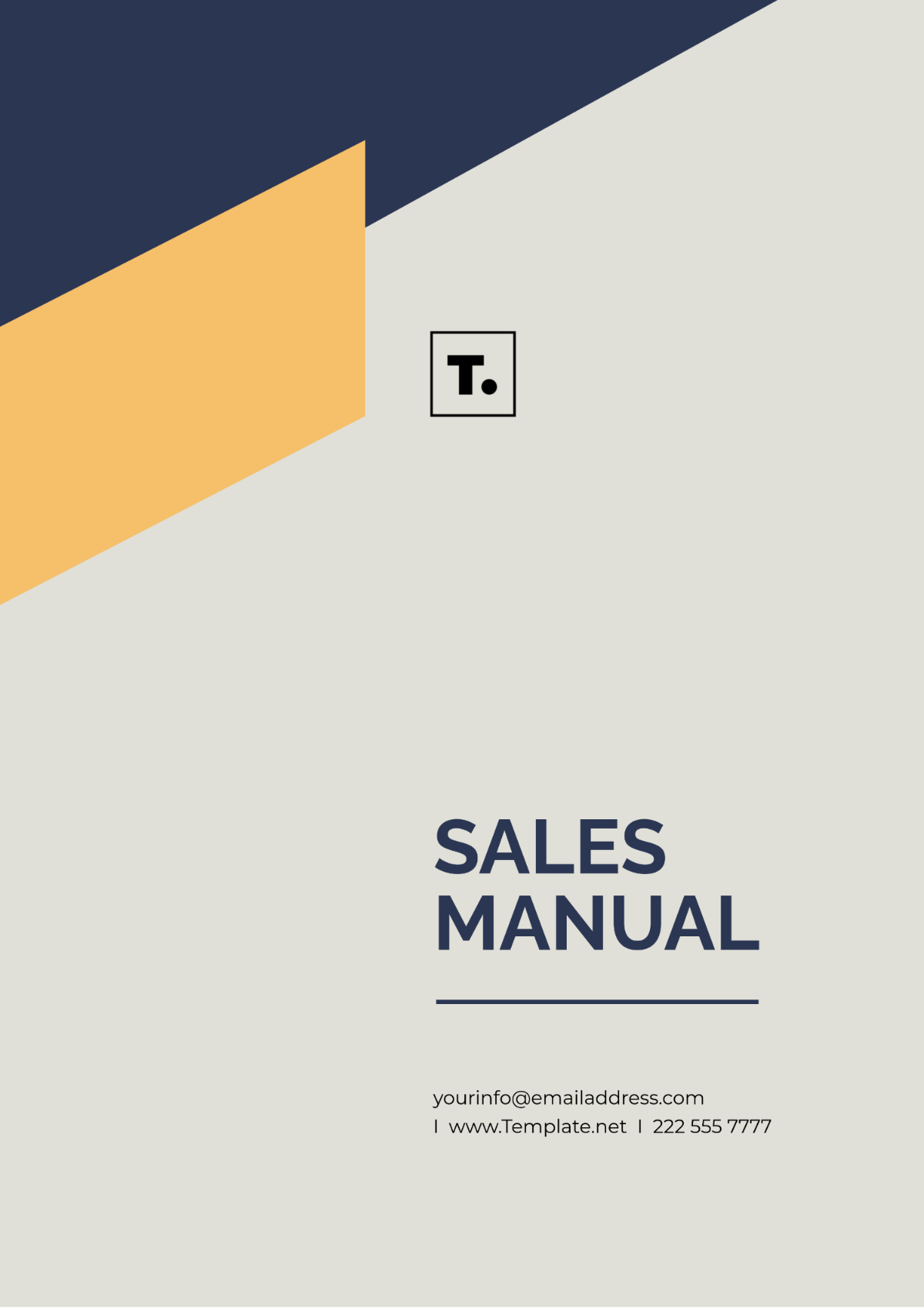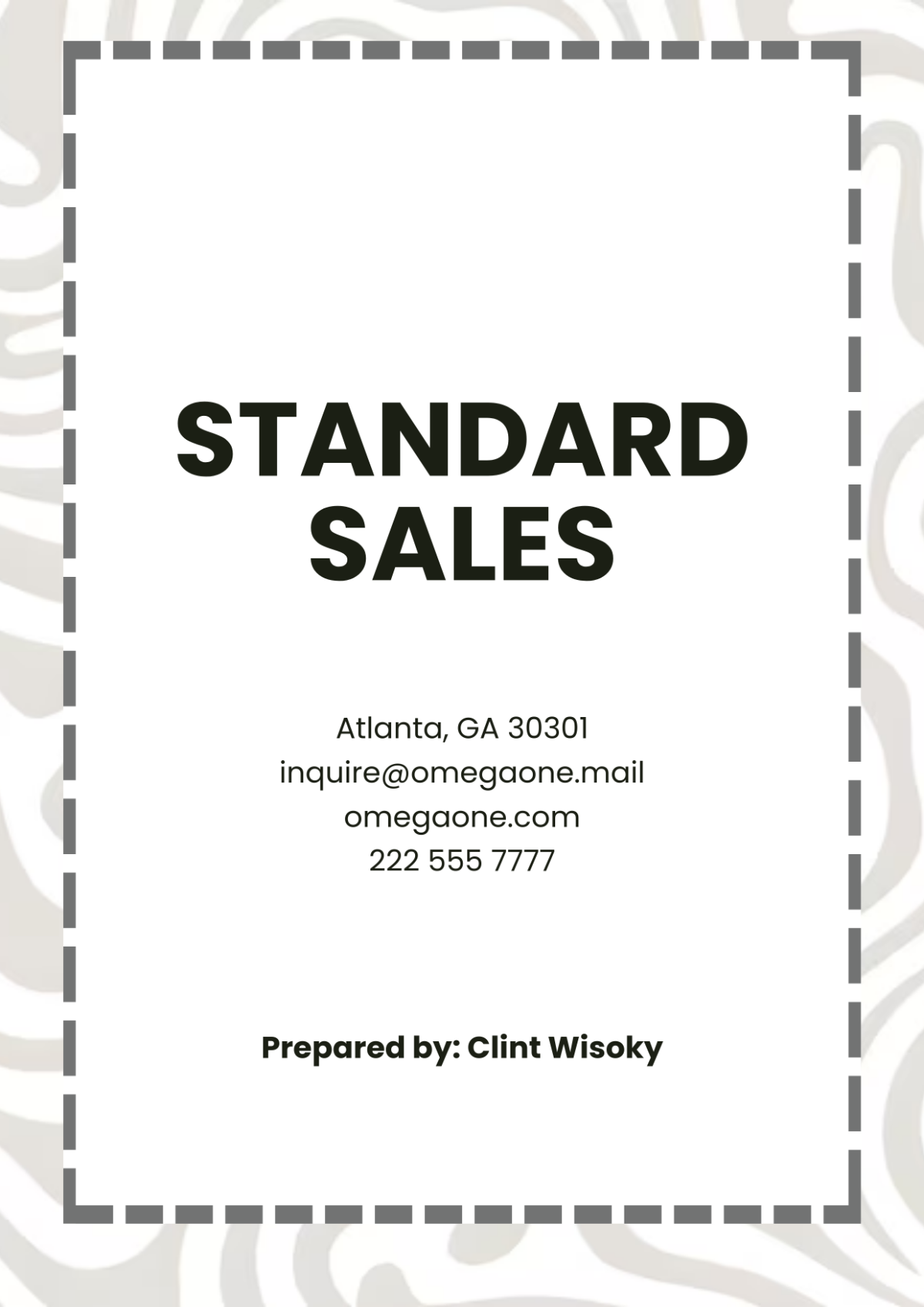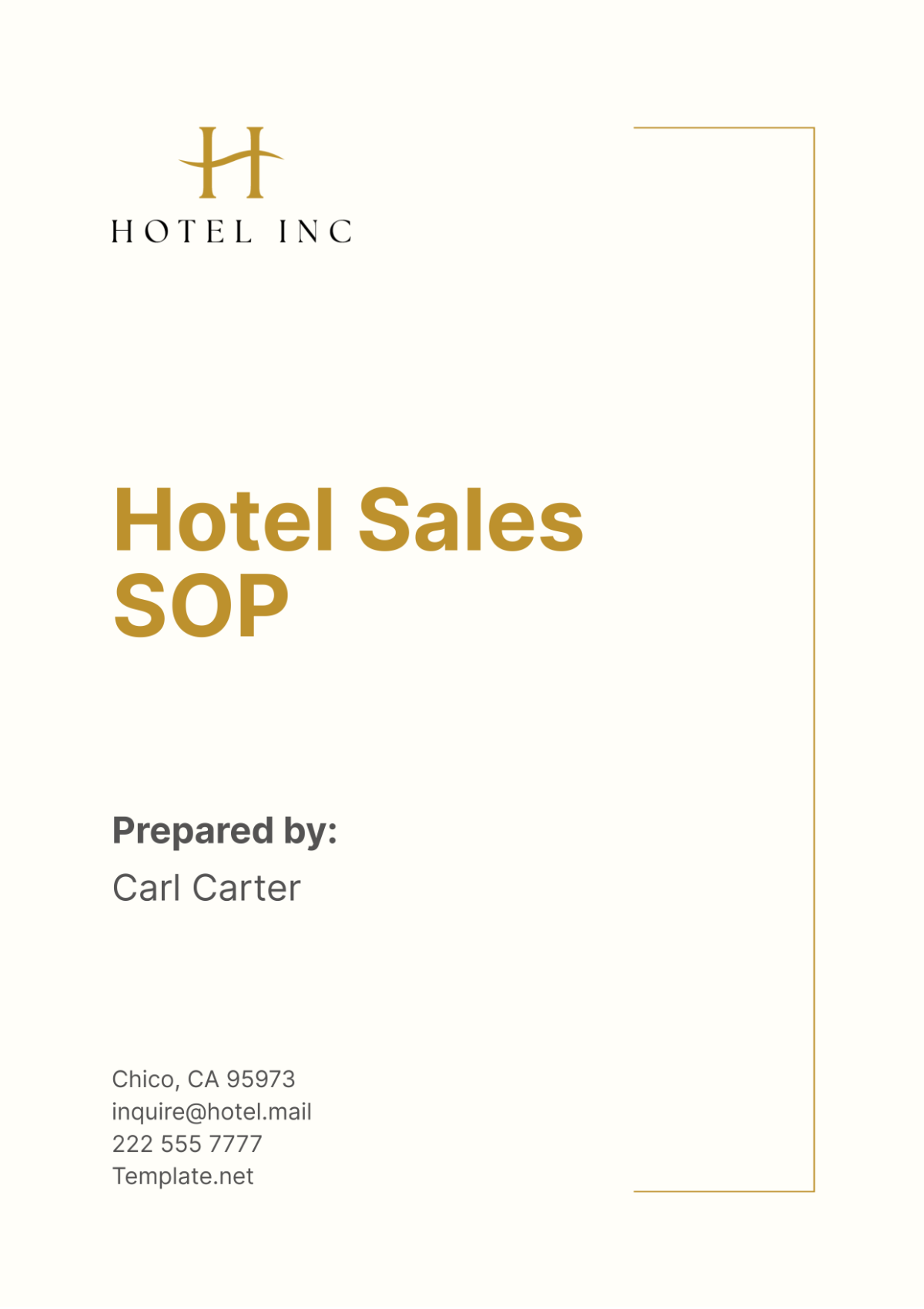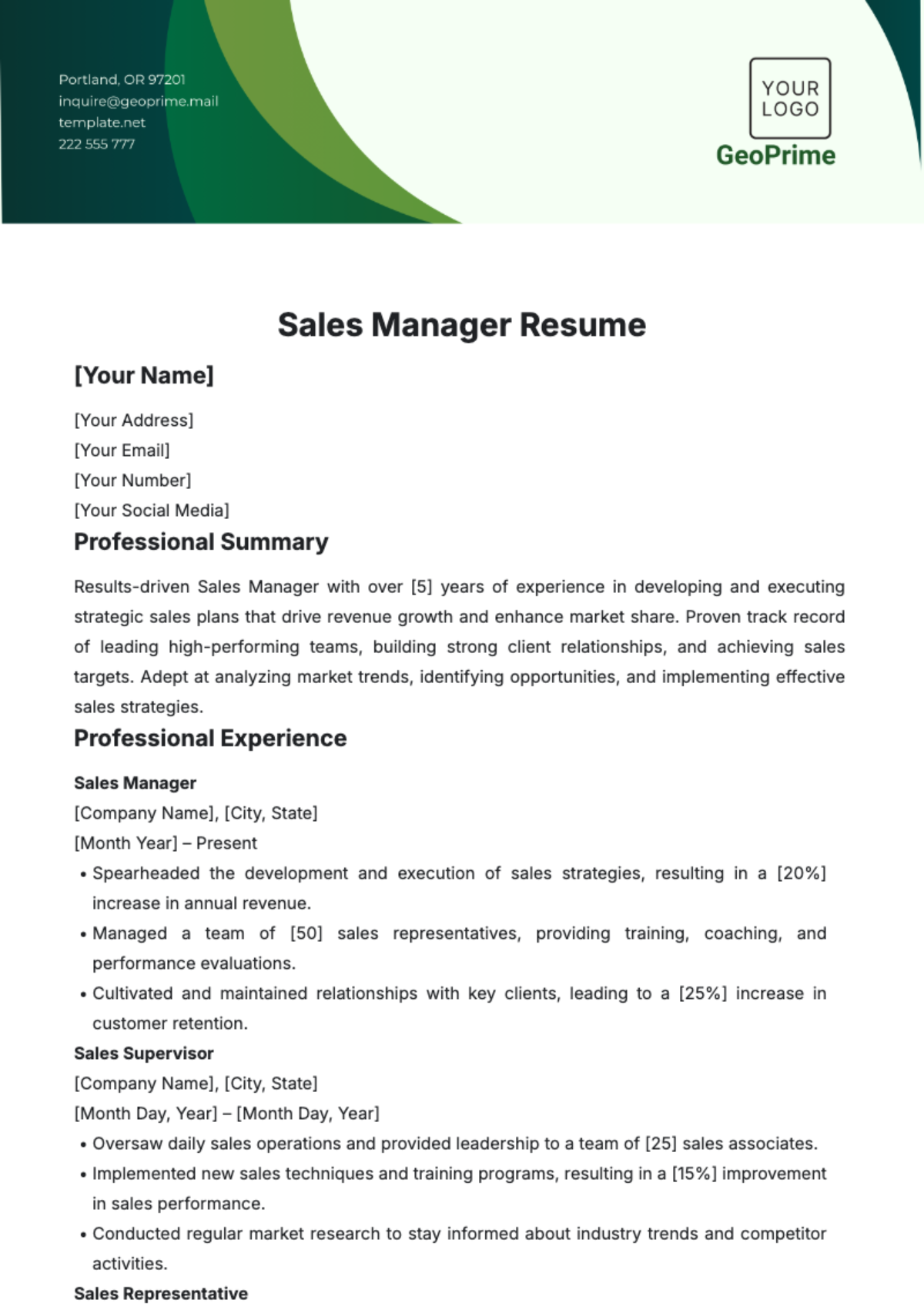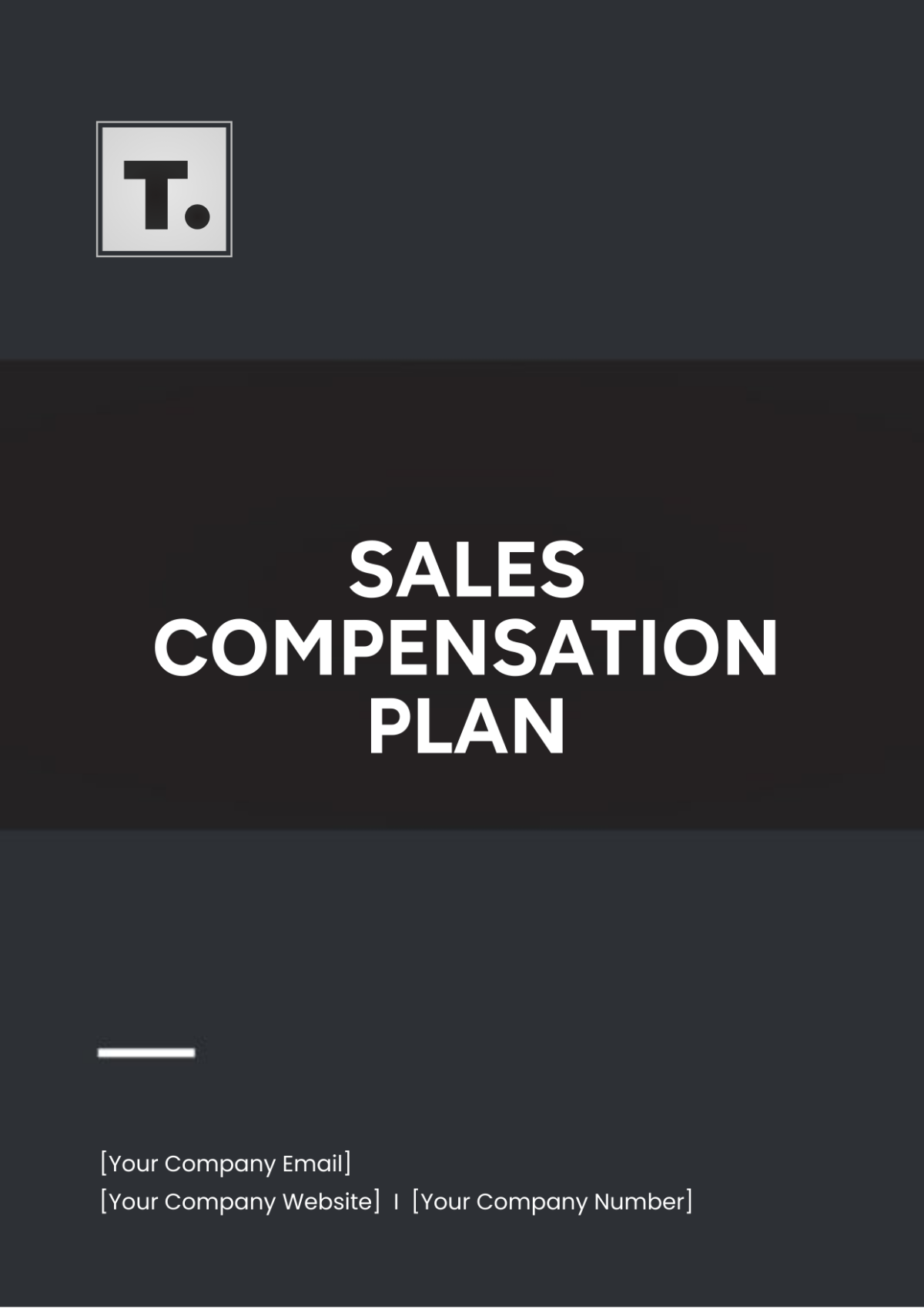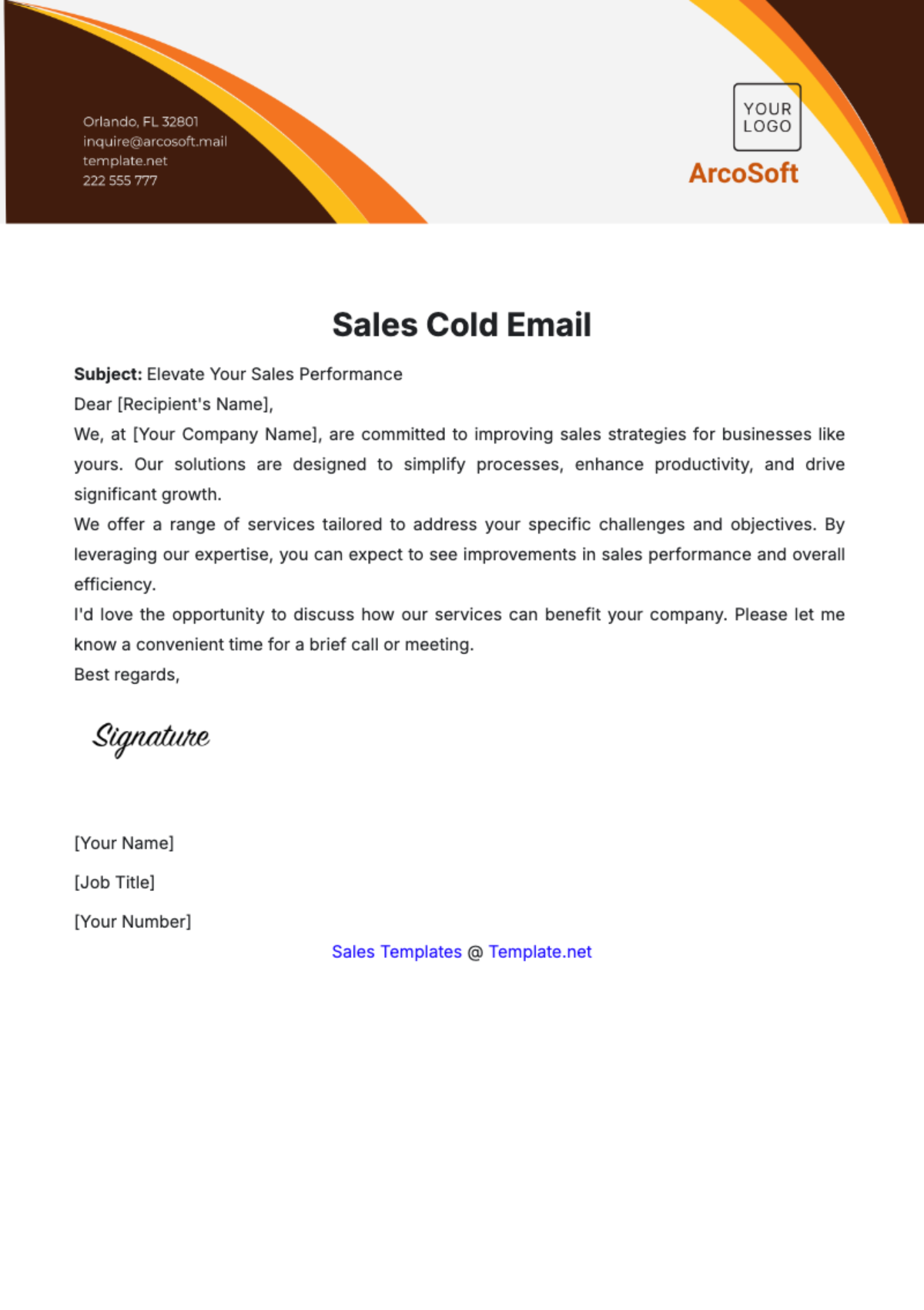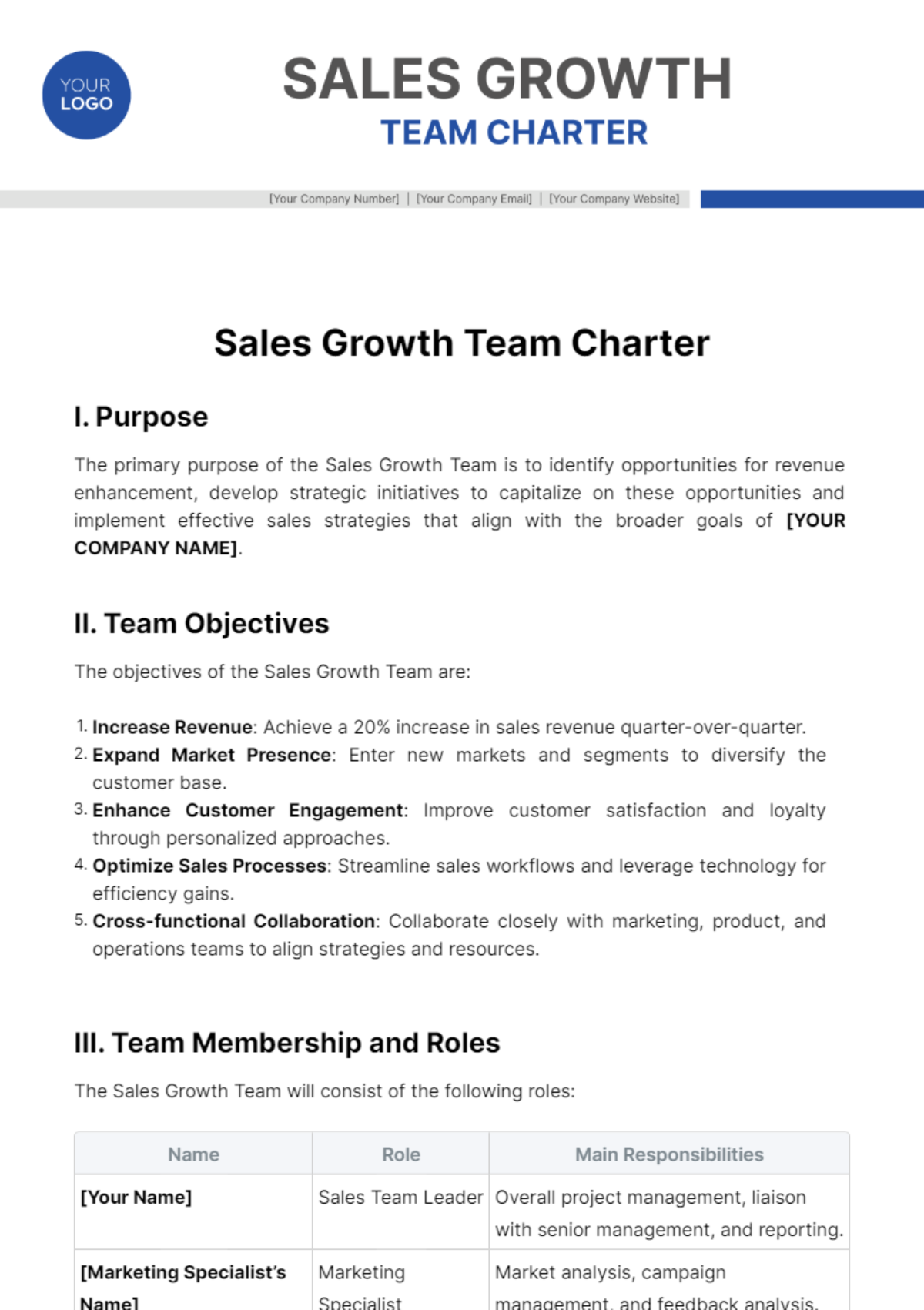Sales Event Risk Management Policy
Document Version: 1.0
Effective Date: January 1, 2050
PURPOSE
The purpose of the Sales Event Risk Management Policy is to establish a structured approach to identifying, assessing, and managing risks that may impact [Your Company Name]'s sales events, ensuring their successful execution and alignment with the company's strategic objectives.
SCOPE
This policy applies to all sales events organized by [Your Company Name], including but not limited to product launches, promotional events, trade shows, and conferences. All employees involved in the planning and execution of sales events must adhere to this policy.
POLICY
1. Risk Identification
A dedicated Event Risk Identification Team will be formed for each sales event, encompassing skilled professionals from the Sales, Marketing, Finance, Legal, and Operations departments. This team will be responsible for a comprehensive identification of potential risks.
The team will utilize a systematic approach to classify risks into five distinct categories: Strategic, Operational, Financial, Compliance, or Reputational. This classification aids in understanding the nature of risks and aligns with [Your Company Name]'s overall risk management framework.
2. Risk Assessment
The Event Risk Identification Team will conduct a thorough assessment of each risk using the proprietary Risk Assessment Matrix. This matrix evaluates the probability and potential consequences of risks, assigning a quantifiable measure to prioritize them.
This assessment process is meticulously documented, and each risk dossier is subsequently submitted for evaluation to the Risk Management Department, ensuring oversight and accountability.
3. Risk Mitigation
Risks that are deemed 'High' or 'Moderate' in the assessment phase warrant the formulation of robust mitigation plans. The team will collaborate with relevant departmental heads to devise strategies tailored to each risk.
Mitigation strategies encompass a variety of responses, including but not limited to risk avoidance, reduction, transfer, or acceptance. These strategies are crafted to minimize potential impacts while aligning with [Your Company Name]'s strategic objectives and operational capabilities.
4. Monitoring and Review
The Risk Management Department will engage in continuous monitoring of risk mitigation measures during the lead-up to, duration of, and following the sales event to ensure adherence to the established strategies.
A systematic post-event review process will be initiated to evaluate the efficacy of the risk management efforts, documenting any incidents and integrating lessons learned into future risk management protocols.
5. Reporting
Employees are mandated to report any significant departures from the planned risk management strategies to the Risk Management Department without delay.
A detailed Risk Management Report will be compiled after the conclusion of each event, providing a transparent account of risk management activities and outcomes to stakeholders.
6. Training and Communication
Training sessions will be provided to all employees participating in sales events, encompassing the fundamentals of this policy, risk identification, assessment, and mitigation techniques.
This policy and all associated documentation will be disseminated through [Your Company Name]'s intranet and will be included as part of the onboarding process for new employees to foster a culture of risk-awareness and proactive management.
7. Policy Governance
This policy is governed by the principles of proactive engagement, continuous improvement, and transparent reporting, guaranteeing that [Your Company Name] not only safeguards its events against risks but also fortifies its market position through strategic risk management.
RISK ASSESSMENT MATRIX
Risk | Likelihood (1-5) | Impact (1-5) | Classification |
Strategic | 2 | 4 | Moderate |
Operational | 3 | 3 | Moderate |
Financial | 4 | 3 | High |
Compliance | 1 | 5 | Low |
Reputational | 2 | 5 | High |
APPROVAL
This policy has been approved by the Board of Directors of [Your Company Name] and is effective as of the date mentioned above. It shall be reviewed biennially or as required by regulatory changes or significant changes in the business environment.
Signatures
[Name]
[Title]
[Date]
[Name]
[Title]
[Date]
[Name]
[Title]
[Date]

